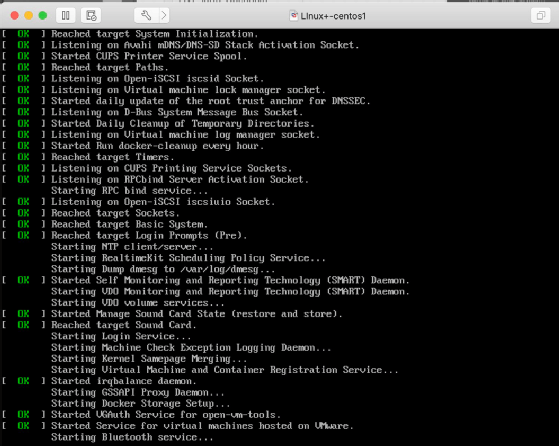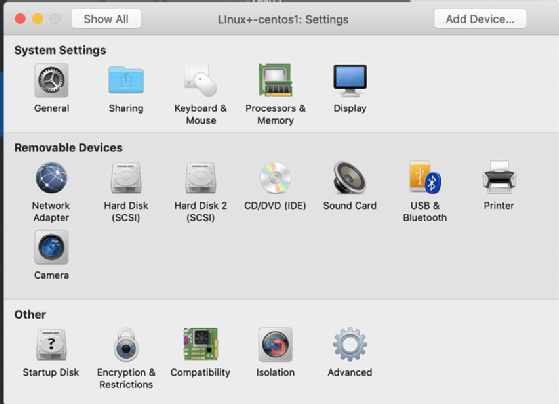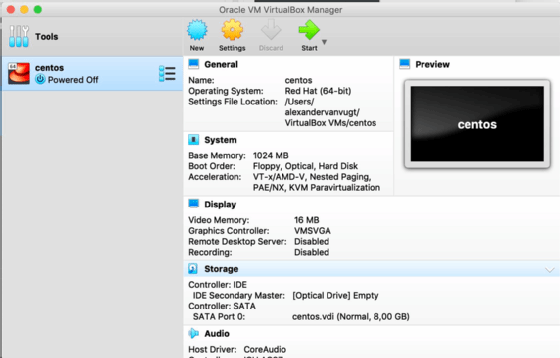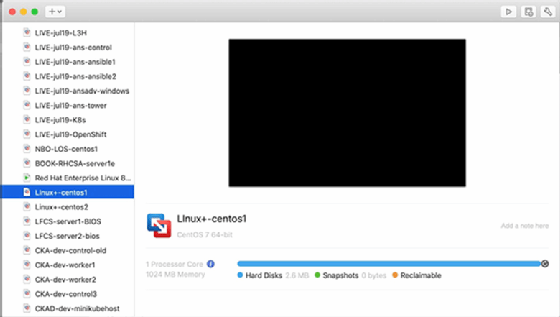
Brian Jackson - Fotolia
VMware Workstation vs. VirtualBox: Which is the better hypervisor?
The Type 2 hypervisor debate between VMware Workstation and Oracle VirtualBox has gotten tougher as the latter has caught up. Examine their advantages to see which fits your needs.
If you're looking for a Type 2 hypervisor, the primary choices are VMware Workstation vs. VirtualBox from Oracle. Evaluate the similarities, differences and advantages of each platform before deciding which one works best for you.
If you need to evaluate or test operating systems (OSes) as virtual machines (VMs) running on your own computer, a Type 2 hypervisor will suit your needs. With a Type 2 hypervisor, as opposed to a Type 1 or bare-metal hypervisor, you install the hypervisor as an application on top of an existing OS. Type 2 hypervisors use the host's OS to call for resources and support guest VMs. End users can then easily run a VM on a personal computing device.
VMware Workstation vs. VirtualBox
VMware launched VMware Workstation in 1999 and VMware Fusion -- its counterpart for Mac OSes -- in 2007. Oracle introduced VirtualBox in 2007. In the early years of VirtualBox, VMware clearly offered the better product. Both applications have since grown significantly and become healthy competitors. VirtualBox also has the advantage of being open source, which means it's free.
With Type 2 hypervisors, you might first think about an application that's running on top of your computer. That's not the only way administrators use hypervisors nowadays. Oracle VirtualBox has a feature that targets a different use case. Some apps, such as Vagrant and Minikube, need a hypervisor to be running in the background, and admins often use Oracle VirtualBox for that. The application is then able to automatically deploy a VM that is running on top of the Type 2 hypervisor. You might already be using VirtualBox without knowing it.

VirtualBox used to be the clear loser when comparing VMware Workstation vs. VirtualBox. This is no longer the case -- Oracle VirtualBox matches almost all of the features that VMware Workstation offers. A significant limitation, however, is that VirtualBox requires hardware virtualization extensions, but VMware Workstation doesn't. As a result, you can't run VirtualBox on low-end CPUs that don't offer hardware virtualization extensions.
Integrations and pricing
For the most part, you can't settle the VMware Workstation vs. VirtualBox debate through a feature comparison alone. Despite the significant similarities, external integrations will swing some admins. VMware can bind VMware Workstation customers on Linux and Windows, and VMware Fusion customers on MacOS, and those platforms also integrate with other VMware products. There are options in Workstation and Fusion that enable you to download VMs to VMware vSphere as well as VMware vCloud Air.


The Connect to Server option under the File menu in VMware Fusion enables users to connect to more than just VMware vSphere. They can also connect to other users running VMware Workstation, VMware ESX or VMware vCenter Server. This makes it easy to share VMs with a corporate data center and with other users of VMware Workstation or Fusion.

A major factor in the VMware Workstation vs. VirtualBox comparison is price. No matter what VMware might do concerning the price of its products, it won't beat a product that's available for free. This has enabled VirtualBox to slowly increase its market share and add integrations with other applications.
The only reason not to use VirtualBox is the required hardware virtualization support. For users who have a CPU with virtualization extensions, and who don't need the integration with other VMware products, there is no longer a compelling case to purchase VMware Workstation or Fusion.
To make a Type 2 hypervisor decision comparing VMware Workstation vs. VirtualBox, weigh the needs of your current infrastructure. If cost is a primary consideration and the hardware virtualization support isn't a problem, then Oracle VirtualBox is likely a good choice. If you need integrations with other products and you have budget to spare, then VMware Workstation or Fusion is likely the better option.






